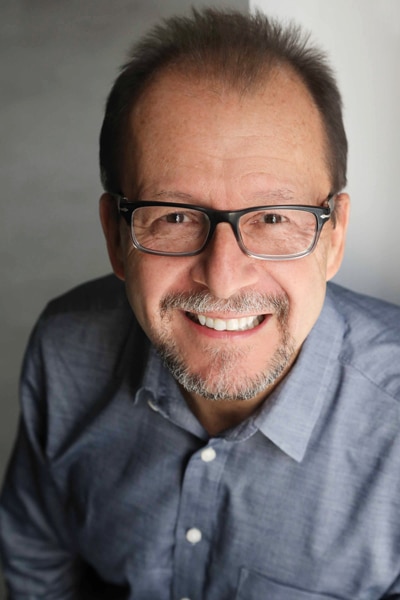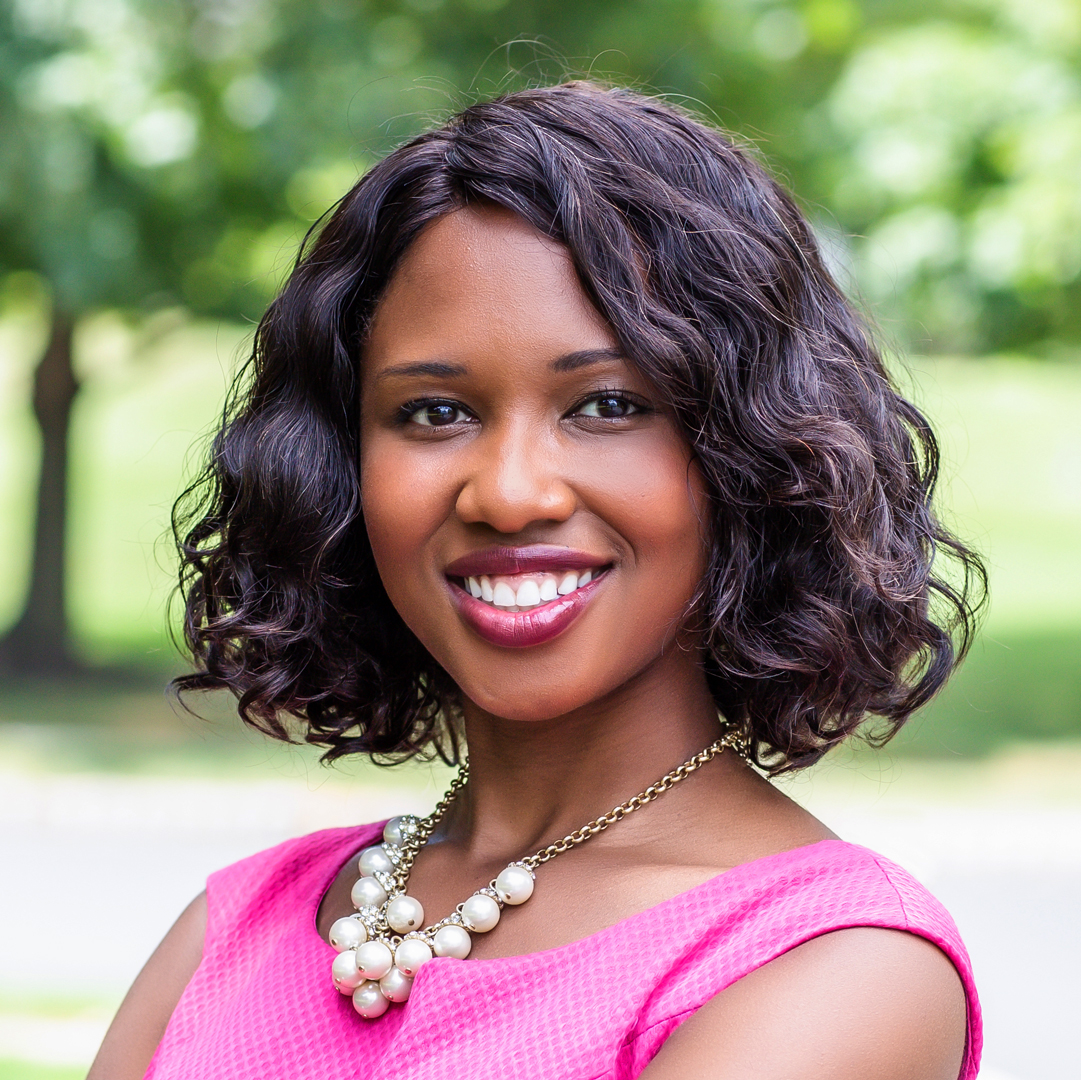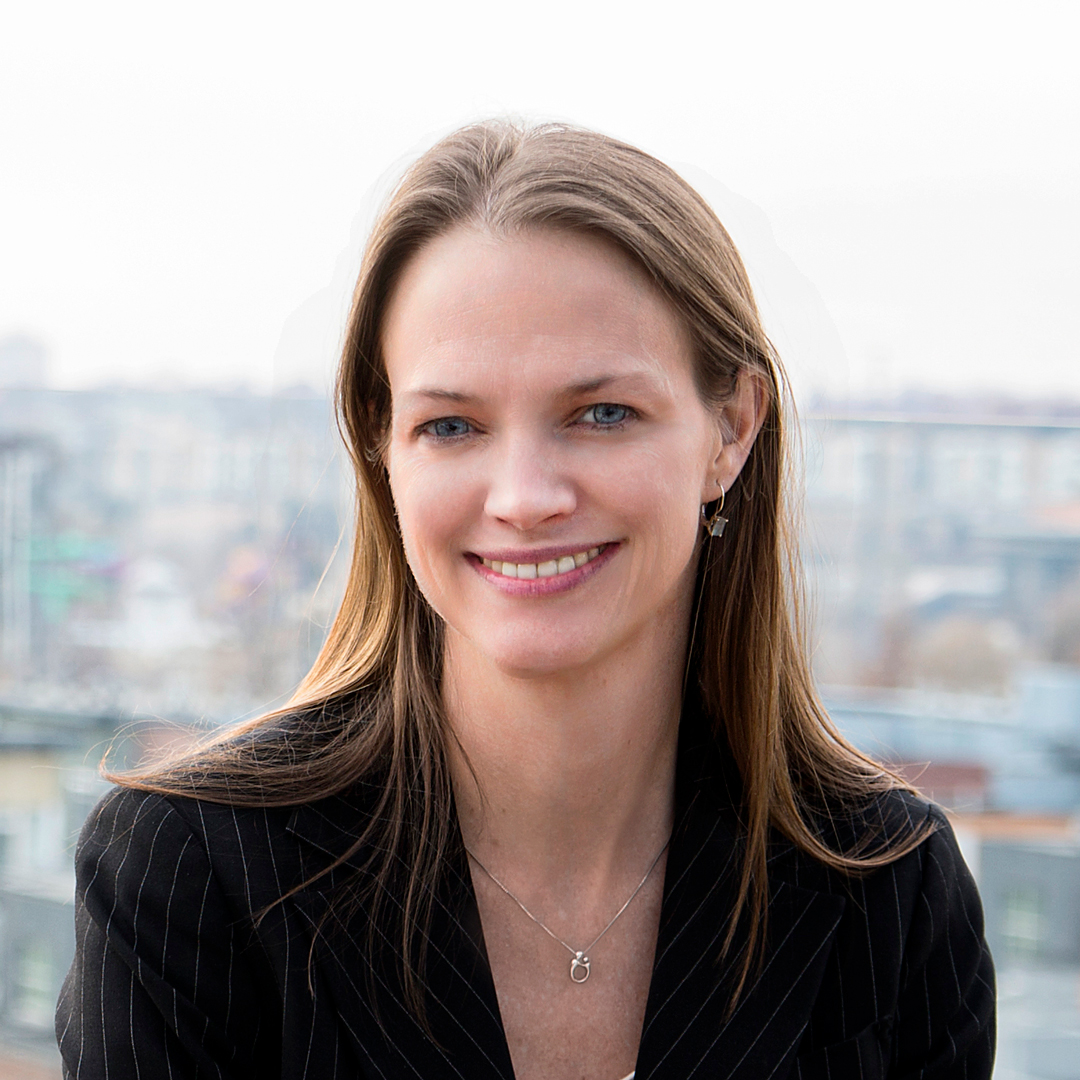Marco Damiani is able to immediately recall his defining moment of career clarity: the day he was punched squarely in the face.
Straight out of college, with a bachelor’s in psychology, Damiani began working for a day program that included working with individuals at the infamous Willowbrook State School—an institution whose conditions and practices eventually led to a class-action lawsuit requiring de-institutionalization of the center for people with developmental disabilities in the mid-1970s. His first week on the job, a man approached Damiani and, anxious about the presence of a new staff member, connected with a solid haymaker shot straight to the face.
After the instance, rather than quitting, Damiani dug in: “I could have easily said, ‘I’m done with this,’ but the people around me really appealed to my better angels and showed me that if I was able to work with this person, I could help change his behavior and he wouldn’t do this anymore.” Damiani has consequently spent his entire career working on behalf of and with people with developmental disabilities in a variety of capacities, most recently as CEO of AHRC New York City, an organization of five thousand staff that supports more than fifteen thousand people with disabilities a year.

A Lifetime of Service
Damiani says every role he has taken on has been grounded in social justice and working to extend the civil rights movement from the 1960s—putting those with disabilities back into communities where they belong. Over the course of his career, he has been part of the fundamental shift in perspective that is a beneficiary of efforts like Damiani’s to grant those with disabilities more than the low bar of expectations that has commonly been offered to them. He says, “Something you hear a lot about AHRC is that we are here to try and give people the lives that they want. That’s a very evolved perspective from just trying to get people out of institutions.”
Perhaps Damiani’s most lasting contribution to the health field is the CEO’s talent for building out sustainable models of healthcare for those with disabilities all over New York. Those models have proven to be not only sustainable but also scalable, with implications that go far outside of New York’s borders.
Chip Graver, area president at Arthur J. Gallagher & Co., has witnessed Damiani’s inclusive philosophy of care. “It’s clear that Marco has a genuine passion for helping those with developmental disabilities achieve all they can in life,” Graver says. “This passion is evident in everything he does and is reflected in the way that AHRC New York City serves its members.”
A Biopsychosocial Model of Care
In previous roles, Damiani has helped shape a model that the CEO says has proven efficacy but is rarely actually implemented: a healthcare model that supports physical and mental health that is grounded, as best as can be understood, in a patient’s social network within a community. “We can clean their teeth, treat their cold, or help them with rent, but if none of those things intersect, we’re not giving them a better life,” Damiani says. Instead, Damiani has consistently helped foster cross-disciplinary collaboration in the health systems he has helped transform.
At the YAI Network where Damiani spent more than twenty years, he found great success hiring primary care physicians and dentists straight out of their training, who were willing to buy into the idealism of the model while being able to produce real-world results. A cross-disciplinary grand rounds program was created, where internal and external clinicians would present on topics ranging from autism to foot care. A senior dentist, primary care physician, psychiatrist, and psychologist headed up each location, creating local leadership that also rolled up effectively into the enterprise-wide clinical and administrative leadership.
On a more fundamental level, Damiani says purposefully constructing floors to include professionals from multiple disciplines is imperative to the model. “We want clinicians to be able to easily walk down the hall to talk to a colleague, even if they’re in an entirely different field,” Damiani explains. As such, dentists and psychiatrists are not confined to their respective floors, as is common in more traditional healthcare settings, which helps address the complicated needs cultivated by people with intellectual or developmental disabilities (IDD). A more fluid floor plan offers solutions to problems that had been potentially overlooked. This restructuring, for example, prevents a physician from potentially overmedicating a patient who is repeatedly hitting himself in an instance where a dentist could identify that the problem isn’t behavioral, but rather a response to a toothache.
“We can clean their teeth, treat their cold, or help them with rent, but if none of those things intersect, we’re not giving them a better life.”
NYU Collaboration
Damiani was most recently awarded the Kriser Medal by NYU’s College of Dentistry, its highest honor, for his role in helping establish NYU’s Center for Oral Health for People with Disabilities, a landmark achievement for those working to better serve a population that Damiani believes has long had to live with poor access to healthcare and a seemingly indifferent system. “The NYU Oral Health Center for People with Disabilities will promote greatly improved access, but it exceeds basic expectations by enabling access to a welcoming, state-of-the art facility, dental treatment services from highly experienced and engaged faculty, and a service vision that underscores dignity, respect, and coordination of care,” Damiani said in a statement.
The center features nine rooms fully equipped to serve the variety of needs of those with disabilities, including reclining wheelchair platforms and multisensory stimulation to calm those with sensory processing disorders. Damiani and a colleague had the opportunity to review and contribute to the white paper that ultimately became the proposal for the new center, and Damiani was able to channel his decades of experience working with patients with disabilities to include services that might have otherwise not been addressed.
Being honored by NYU feels counterintuitive to Damiani, who says he’s grateful that a world-class institution is doing its best to bring dignity and respect to a population that hasn’t been afforded the same treatment as the greater patient population. “People with disabilities have for so long just accepted that they may have to wait six months to have a tooth pulled,” Damiani says. “It’s such an amazing message to people who have been disenfranchised for too long.”
Our Guest Editor’s Perspective
Marco Damiani’s name is synonymous with healthcare for individuals with IDD in New York City. Marco led both Premier Health and Metro Community Health Centers as they developed medical and mental health services for people in the five boroughs of New York. He has set the bar for medical and dental services in terms of availability, quality, and effectiveness.
Since the majority of medical and dental schools do not have required courses in special needs populations, it is imperative in clinics that support individuals with those needs to have practitioners that have or desire to acquire the necessary skills. Marco set up systems in his clinics that allow for the growth of the staff and the expectation of excellence.
Marco’s contribution to NYU’s Center for Oral Health for People with Disabilities will have a lasting impact on the healthcare of individuals with disabilities for years to come. Better oral health generally equates to better overall health, and that is the data that Marco will be analyzing as the Center grows.
It is perhaps Marco’s attitude on how people with disabilities should be treated in the healthcare system that moves him to action. As we have discussed many times, it is the need for equality, accessibility, and quality healthcare that motivates Marco into an indomitable force in New York City.
Gallagher values our partnership with Marco Damiani and AHRC New York City. We are honored to support their work in the intellectual and developmental disability community, and are focused on delivering unsurpassed employee benefits and risk management solutions to healthcare organizations throughout the country. To learn more, visit ajg.com/healthcare.
Fox Rothschild proudly supports the AHRC New York City Foundation. A full-service firm with offices in twenty-seven cities, Fox serves individuals and businesses of all sizes in more than sixty practice areas. The attorneys in our Health Law Group have a reputation for providing personalized service and delivering pragmatic solutions.


